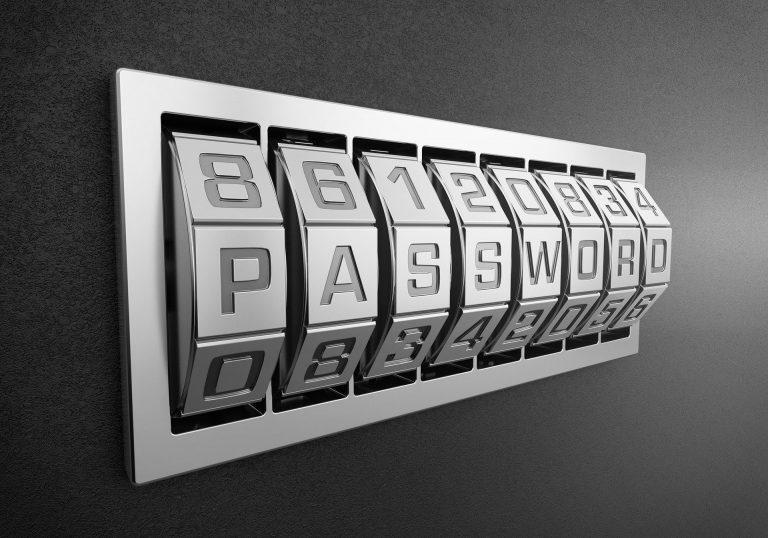You probably know not to use the numbers 1234 or the word “password” as your online password, but did you know it’s also a terrible idea to use your pet’s name?
And if you’re considering getting help from a “popular password” site, you might as well invite hackers into your network.
Those are some of the most common mistakes people make when it comes to online passwords.
“When it comes to creating a password, many of us focus on devising a combination of letters, numbers, and symbols that we will always be able to remember,” writes Leah Groth in this MSN article. “[I]t is human nature to fall into a predictable routine of creating passwords. However, unless we come up with unpredictable passwords, we are giving hackers an easy way to break into our accounts. They’ll first try these common methods and passwords in order to get their hands on your personal information.”
Today’s Cybercriminals are getting more and more sophisticated. Alta Pro invites you to join in on a conversation with attorneys Kevin O’Hagan and Jamey Davidson, recognized thought leaders in Data Breach and Cyber Liability. The FREE one-hour CLE webinar “10 Things Lawyers Should Know About Cyber Liability” will be presented Tuesday, March 31 (12 PM Central/1 PM Eastern). This webinar is approved for one hour of free CLE credit as a benefit of your Alta Pro RPG membership. Seats are limited, so reserve yours today.
Here are nine common password mistakes, courtesy of Groth and MSN:
- Using a “popular password” site. These websites have good intentions: to publish lists of frequently used – and therefore easily hacked – passwords. But they often have the opposite effect. “It also gives hackers a really good place to start,” says Groth. “And yes, this is a big deal.”
- Using a numerical sequence. “According to SplashData, which released a list of the top 100 worst passwords of 2019, many of the top 10 passwords—a whopping seven, in fact—included simple number combinations of 1 through 10. These all made the list: 123456, 123456789, 1234567, 12345678, 12345, 111111, and 123123.”
- Using Qwerty. The first six letters on the top line of your keyboard are a hacker’s best friend. Even so, it remains one of the most popular letter combinations for passwords. “Qwerty1243 and qwertyuiop also made the top 15.”
- Using “Password.” Just. Don’t. Do. It.
- Using a cute or common phrase. Iloveyou made the list of top 10 worst passwords. Others to avoid: lovely, sweetie, cutiepie, princess, superman, kissme, dragon and wonderwoman.
- Using pet or family names. “Never include your pet’s, child’s or spouse’s name,” writes Groth. “If a hacker is privy to any of your personal information, they will definitely check your loved ones’ monikers to try to break your code. One infamous hacker learned this the hard way after authorities broke his code: Chewy123. It was his cat’s name, followed by sequential numbers.”
- Using significant dates. See above.
- Keeping the same password for years. “This is one of the reasons it is in your best interest to change your passwords frequently.”
- Not being aware of bots. “If they have gone through all their resources, hackers have one final tool to break your code: They can create a bot that will try every possible combination.” Bot-powered software can make millions of password guesses per second.
Risk management takeaway: consider using a passphrase instead of a password. This is two or more words put together like “bluerockbanana” or “edsel66eclipse.” Better yet: use a password manager.
If you practice in Wisconsin, Texas, Minnesota, Ohio, Illinois, Indiana or Michigan, you can stay a step ahead of the competition by being a member of Alta Pro Lawyers RPG. You’ll get access to free webinars, the Pro Practice Playbook, Reminger ProLink, Ask the Risk Pro and more. Here’s how to join.

















